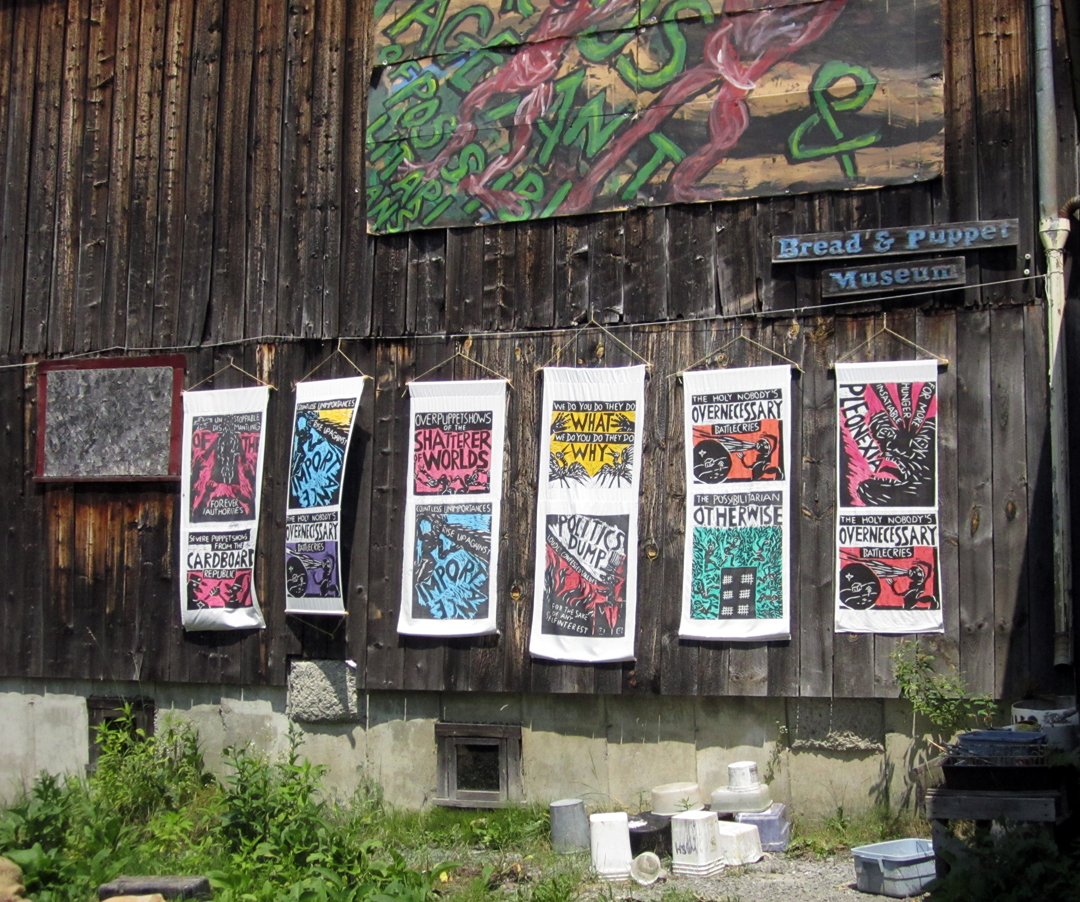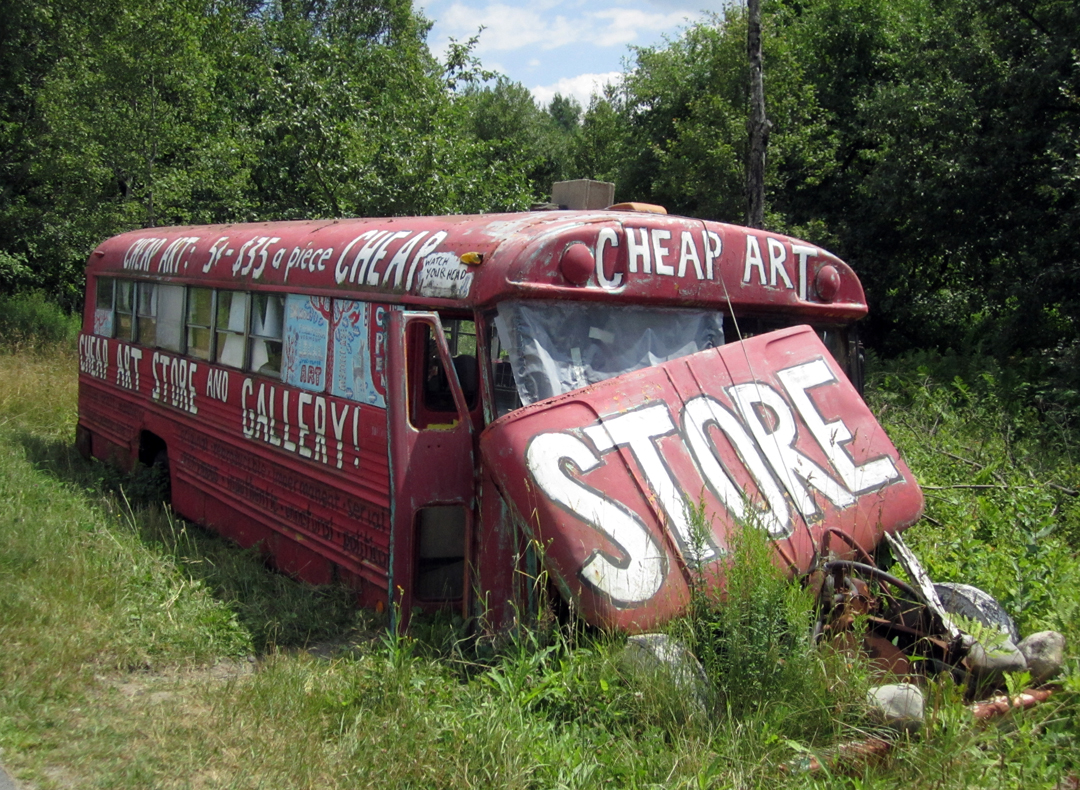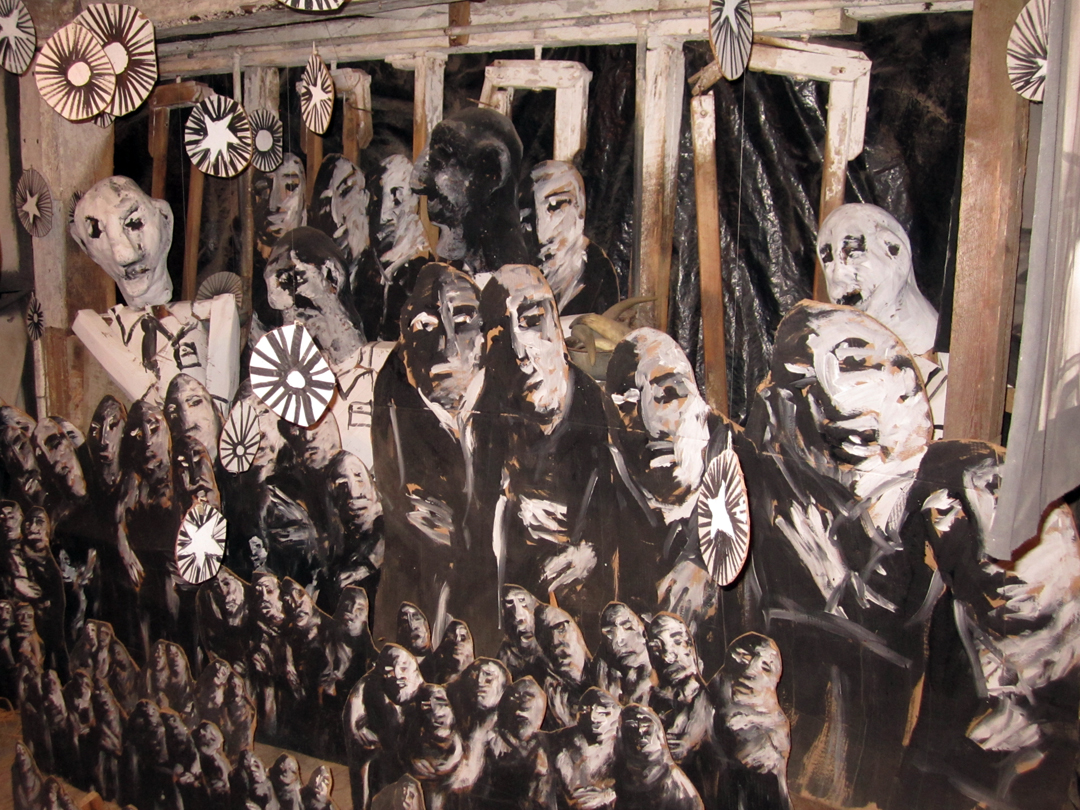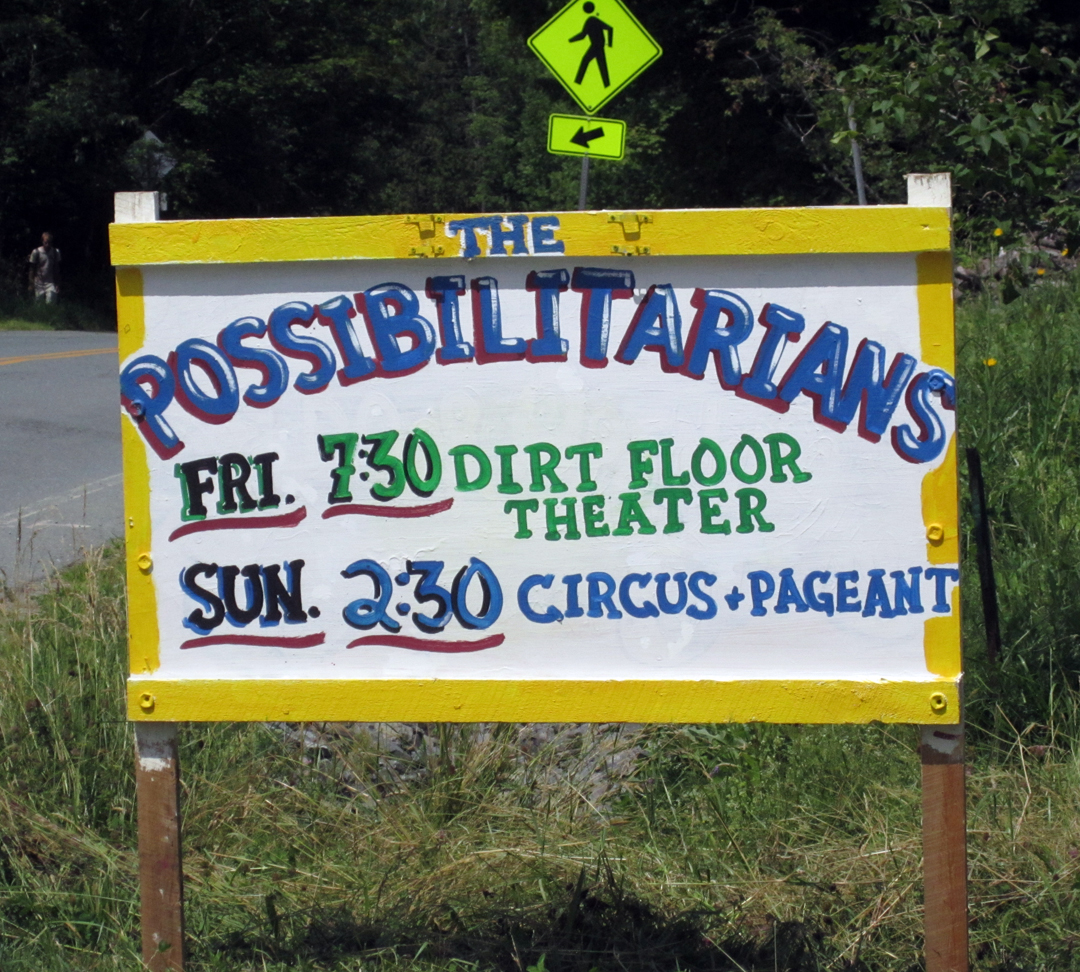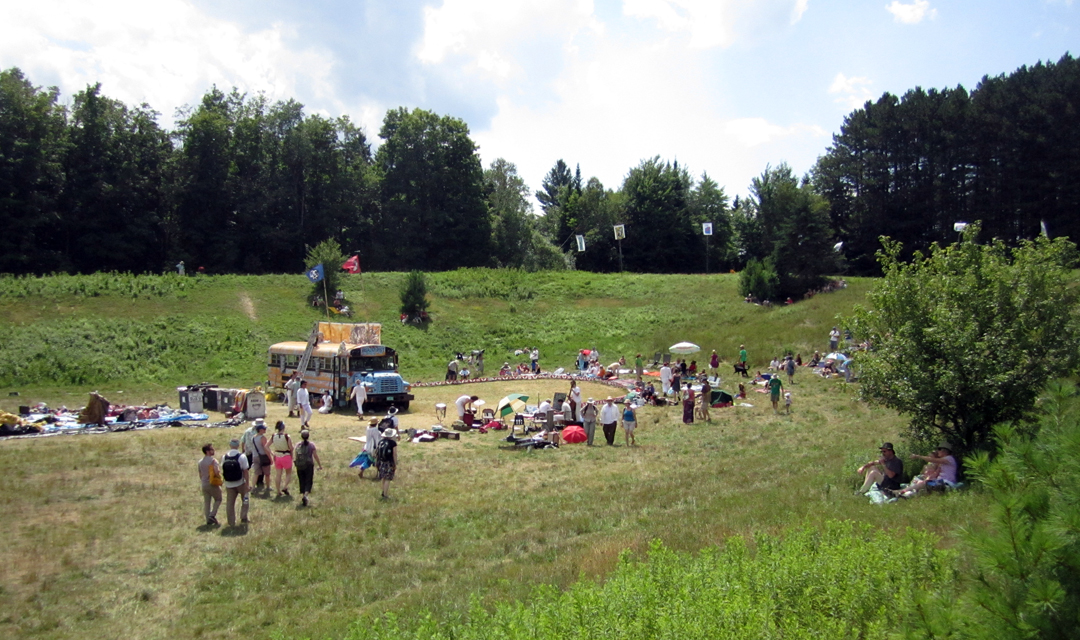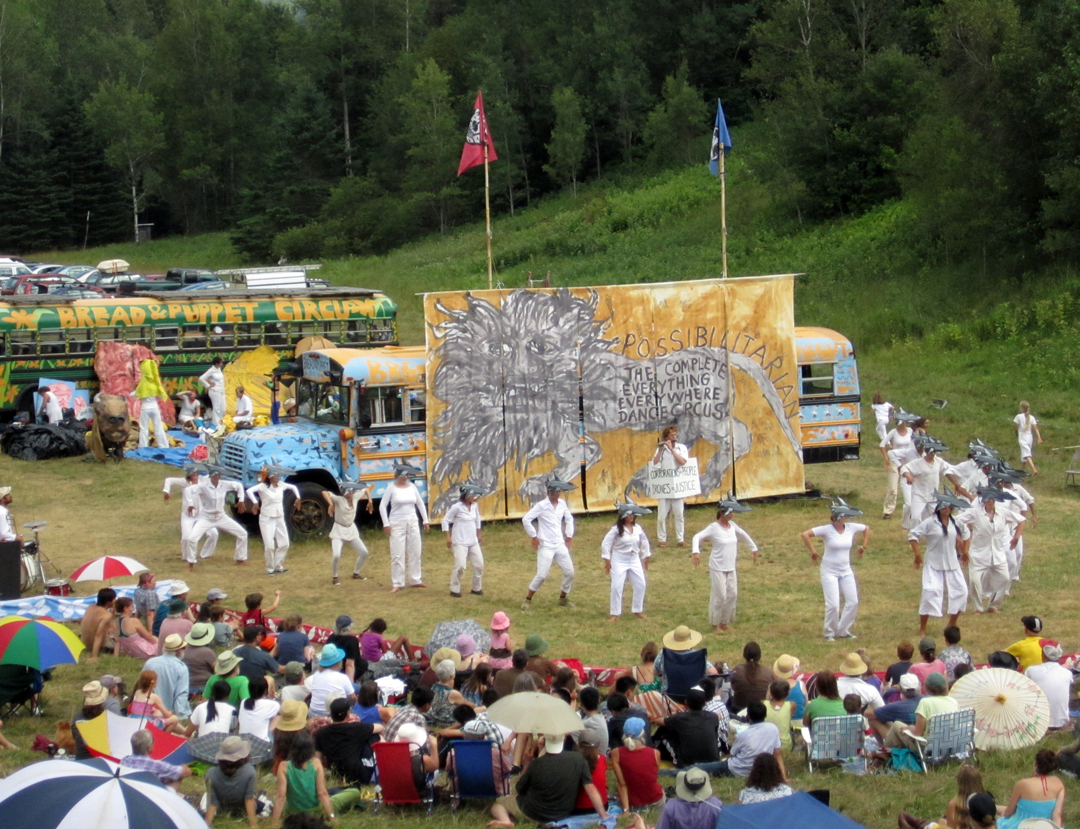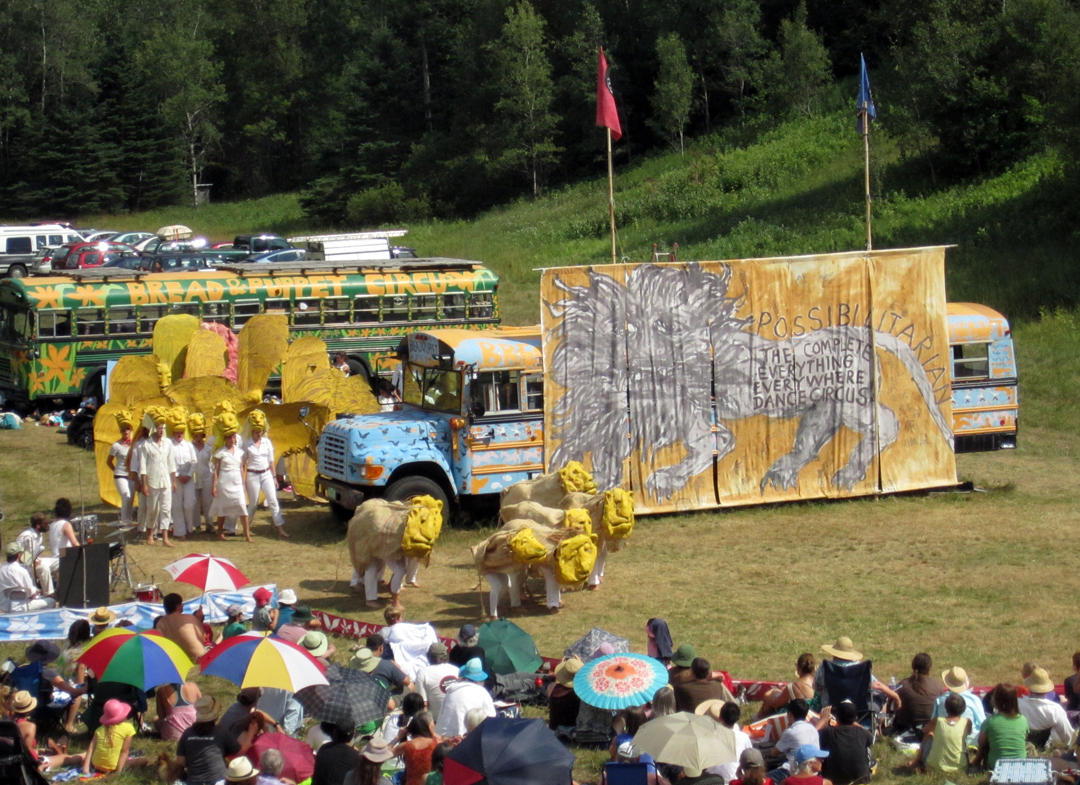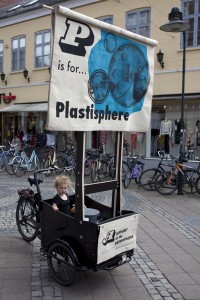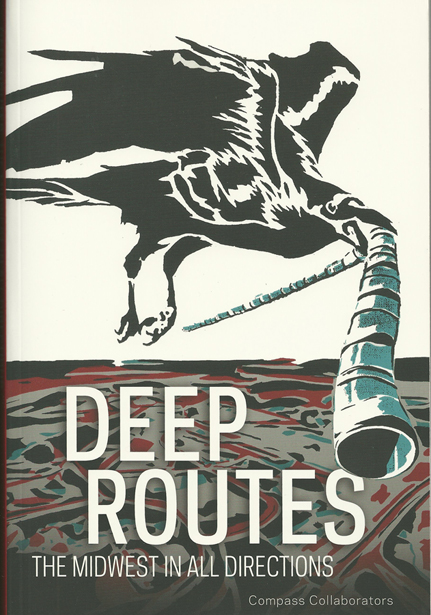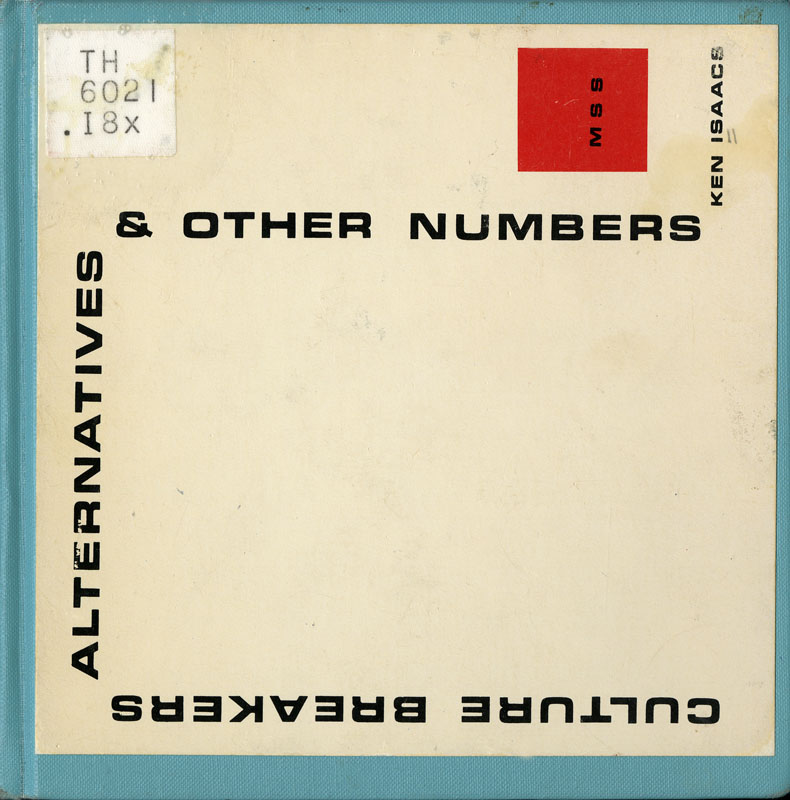Bread and Puppet
“We have two types of puppet shows: good ones and bad ones, but all of them are for good and against evil.” – Peter Schumann
Hidden in the hills of the Northeast Kingdom, a part of the state of Vermont, is an almost 50 year old, anarchist puppet theater, called Bread and Puppet. We got to visit them recently on our trip to the US.
Bread and Puppet Theater is headed up by Peter Schumann, a spry, white haired man, who is something of a cult figure. Schumann started the troupe in 1963 in New York and it remains one of the longest running non-profit theater troupes in the country. Since the early days, Bread and Puppet has always been concerned with creating a performance that both appeals to people of all ages and deals with contemporary political issues, from rent hikes to global warming.
We went to the Bread and Puppet Museum and Workshop as part of our participation in the Collective Encuentro, an artist retreat to discuss collective art practice in Montpelier, VT. The retreat was organized by Dont Rhine of Ultra-Red and Faith Wilding of subRosa, two artists who work in collectives of their own. Participants at the event were from several different art groups including the Visible Collective (New York), L.A. Art Girls, Midwest Radical Culture Corridor, Temporary Services (Chicago, Copenhagen, Philadelphia), Regional Relationships (Chicago), and Machete (Philadelphia) among several others.
The Museum and Workshop are on the grounds of an old farm. A big barn, home to hundreds of puppets, big and small, from years and years of Bread and Puppet productions sits next to the main farm house. The barn also houses the gift shop where you can pick up some cheap art, part of the Bread and Puppet Cheap Art philosophy. On the grounds of farm there is a print shop, a bread oven, an outdoor kitchen, and forest and fields.
During the summer the farm is staffed with between 80 and 90 people. Interns, regular staff, and others live and work at the museum, print shop, and produce the summer pageant. People travel from around the world to make the puppets, play music, write, and perform the large scale puppet theater that takes place on the grounds of the farm.
The Possibilitarians-the name of the 3 hour, outdoor pageant of puppetry that took place in the farm’s naturally occurring amphitheater. Every Sunday throughout the summer months, Bread and Puppet performs through the afternoon, starting with a circus sideshow and then moving into a more vaudevillian/political theater pageant, and concluding with new, large-scale puppet pageant written by Schumann.
Dressed in white, the performers of all ages ran through a series of short sketches led by a raucous band of musicians. The troupe covered drone warfare, wind power, oil economy, and environmental collapse with humor and joy. A crowd of several hundred people laughed as the Bread and Puppet players performed their exaggerated spectacle. Long-legged, oddly shaped people danced next to animal puppets, airplane puppets, and wind farm puppets.
Actors came from all sides of the amphitheater-over hills, from behind trees, on stilts, etc.
After our afternoon in the sun, it was easy to see why the Bread and Puppet Theater is such a celebrated phenomena. The performers are committed to a lifestyle that resists the dominant narratives in our society. The people in this field of puppets are actively trying to create the images, myths, stories, and songs that will sustain and carry us through the global economic collapse and cultural shift that we are currently experiencing.
Our group was moved to love or hate by the performance. Several people were frustrated by the father like role that the Bread and Puppet director, Peter Schumann plays in the community. Others were simply turned off by the distinct aesthetics that characterize the experience. Still others were moved and inspired by the idea of giant paper mache heads rolling over hills in rural Vermont.
As artists, Bread and Puppet is doing something right in their ability to sustain the interest of such a diverse audience- toddlers to teenagers to senior citizens- with the difficult subject matter they are engaged with.
Radio Aktiv Sonic Deep Map (2013)
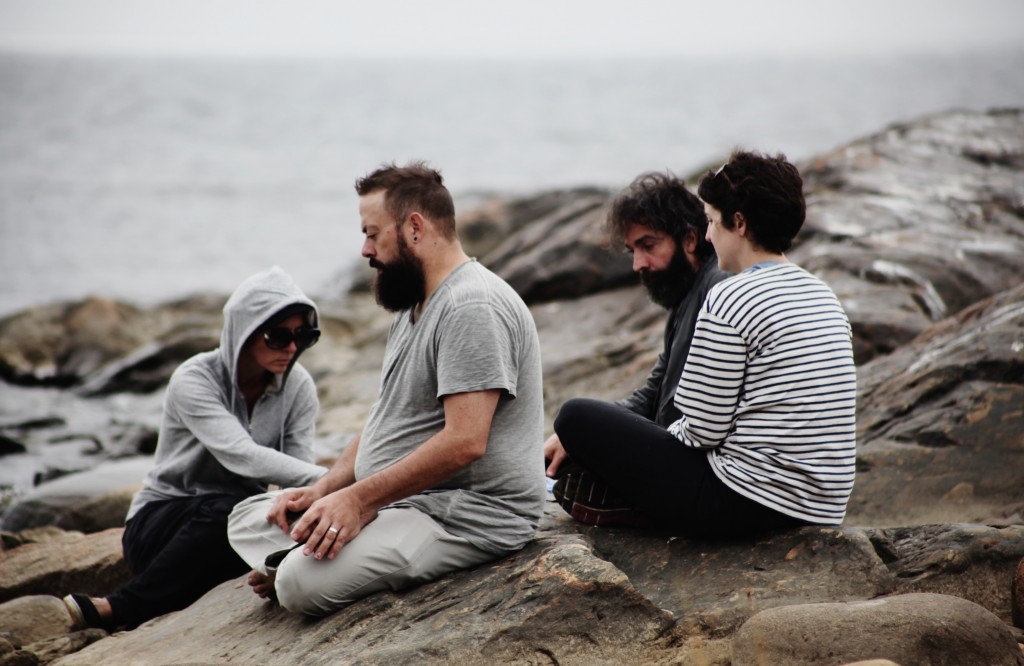
SUPERKILEN – Extreme Neoliberalism Copenhagen Style
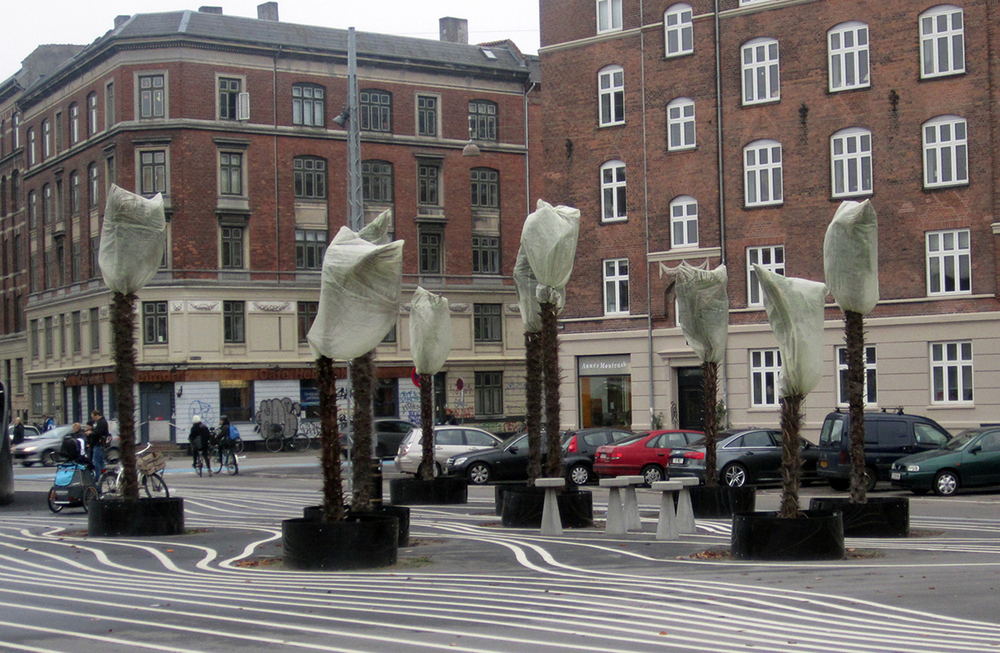
Read Brett's essay about the park.
Download our guide:
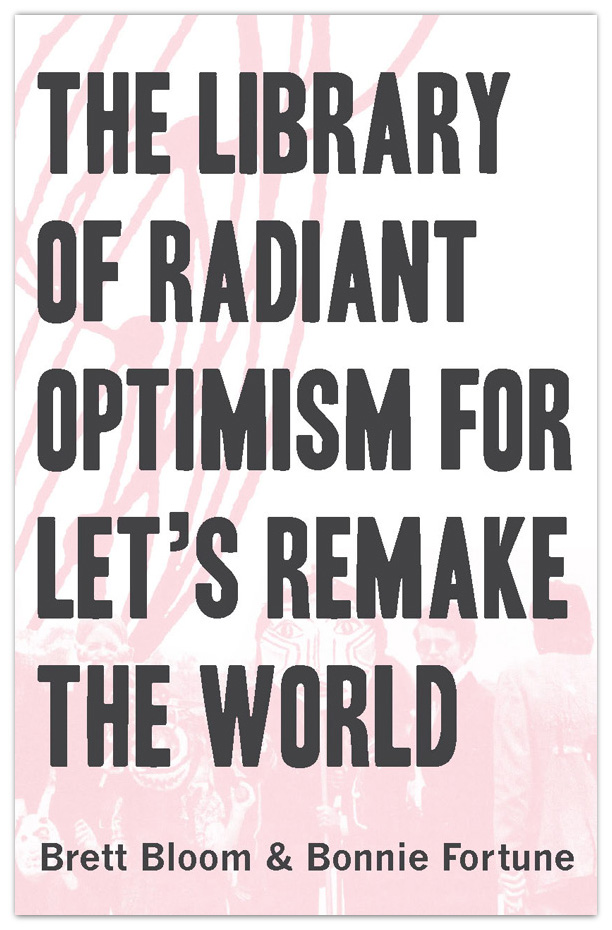
This is our guide to how-to books from the counterculture of the 60s and 70s. Click to get the download page.
Categories
- Agriculture (11)
- Animal sounds (1)
- Artist parents (19)
- Arts and culture (106)
- Bees (3)
- Book reviews (14)
- Books (18)
- Critical essays (5)
- Daily Photo (5)
- Design (36)
- Dirt (11)
- Environmental activism (43)
- Exhibitions (24)
- Farms (11)
- Forest (7)
- Friday connect (15)
- Growing (42)
- Habitat (38)
- Homesteading (16)
- Interviews (15)
- Kitchen (14)
- Living structure (9)
- MISC (15)
- Mythological (2)
- Neighborhood (83)
- Ocean News (1)
- Our Art Work (21)
- Personal – Design/Art (3)
- Play (2)
- Playground (4)
- Projects (21)
- Public space (53)
- Resilience (13)
- Sea Side (2)
- Sojabønner (2)
- Tofu (8)
- Vermont correspondence (7)
- Water (3)
- Wednesday picture (31)
- Workshop (1)
Video interview:
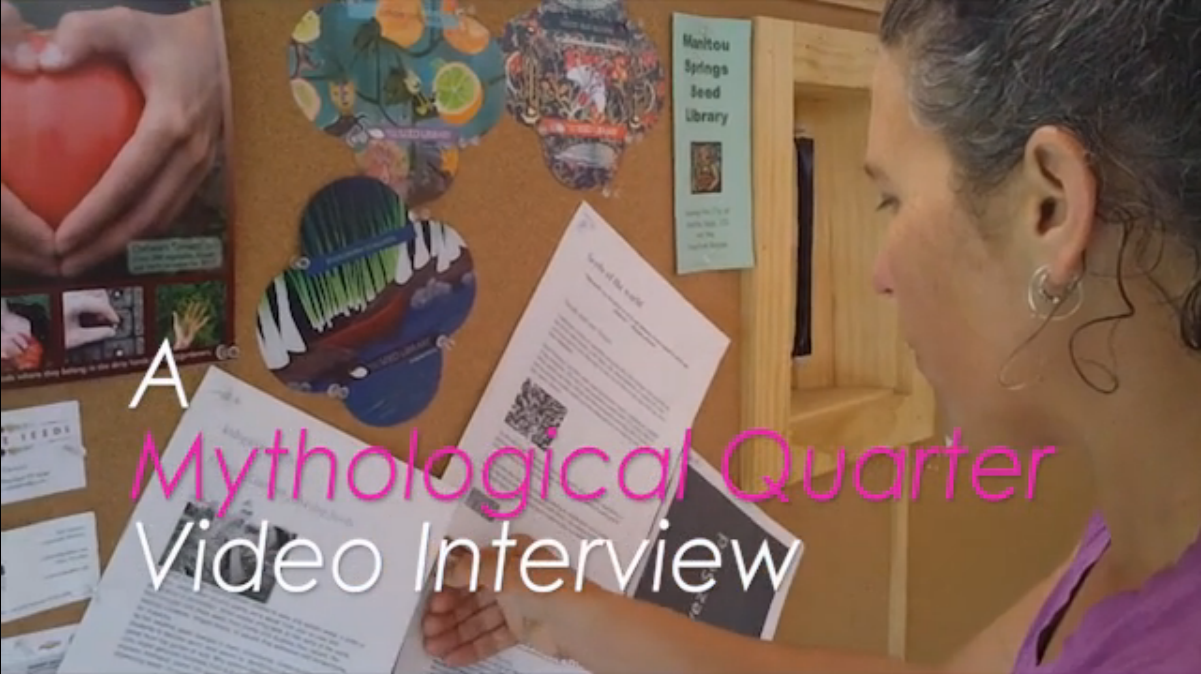
Watch our interview of SeedBroadcast, a mobile project that is part seed library and part seed-saving-story-collecting machine-recording the stories of seed saving, farming, and food sovereignty work being done around the US.
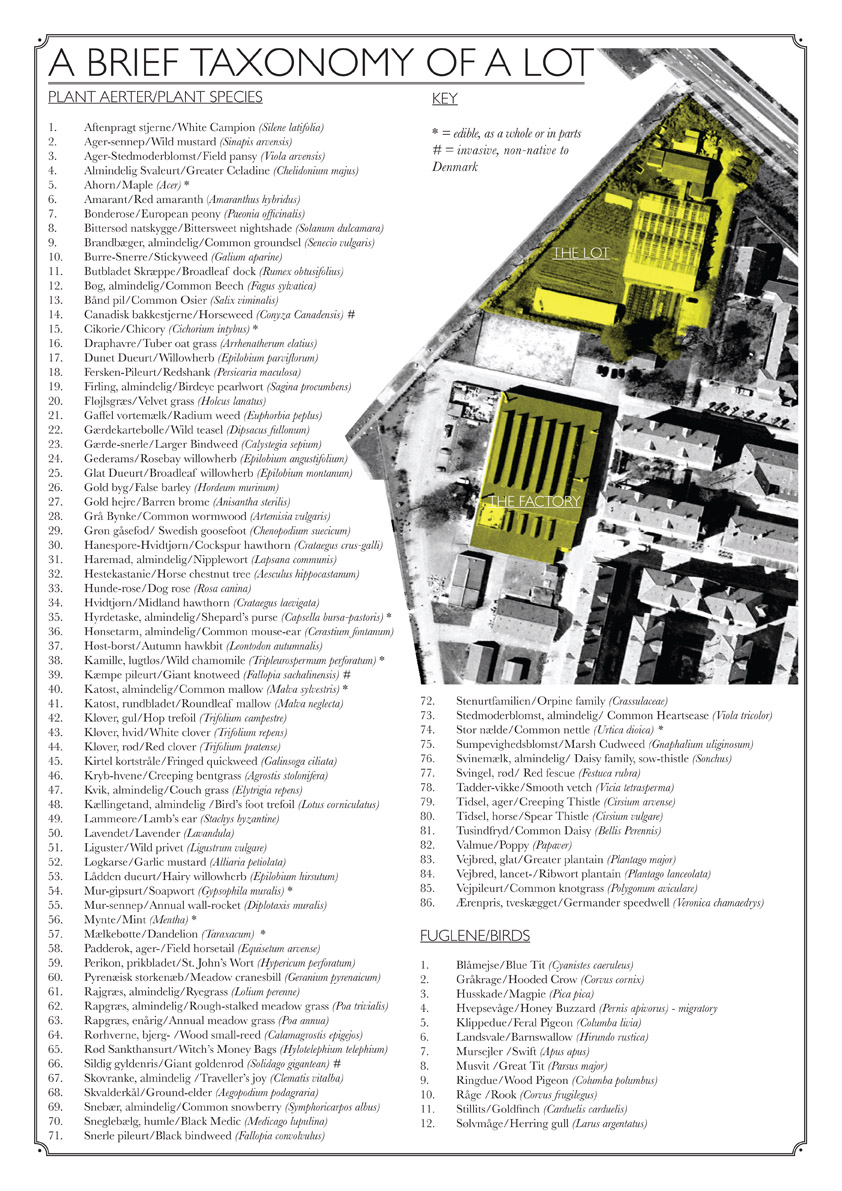
Download a poster Bonnie made about biodiversity in a vacant lot in the Amager borough of Copenhagen, in collaboration with biologist, Inger Kærgaard, ornithologist, Jørn Lennart Larsen and botanist, Camilla Sønderberg Brok: A BRIEF TAXONOMY OF A LOT
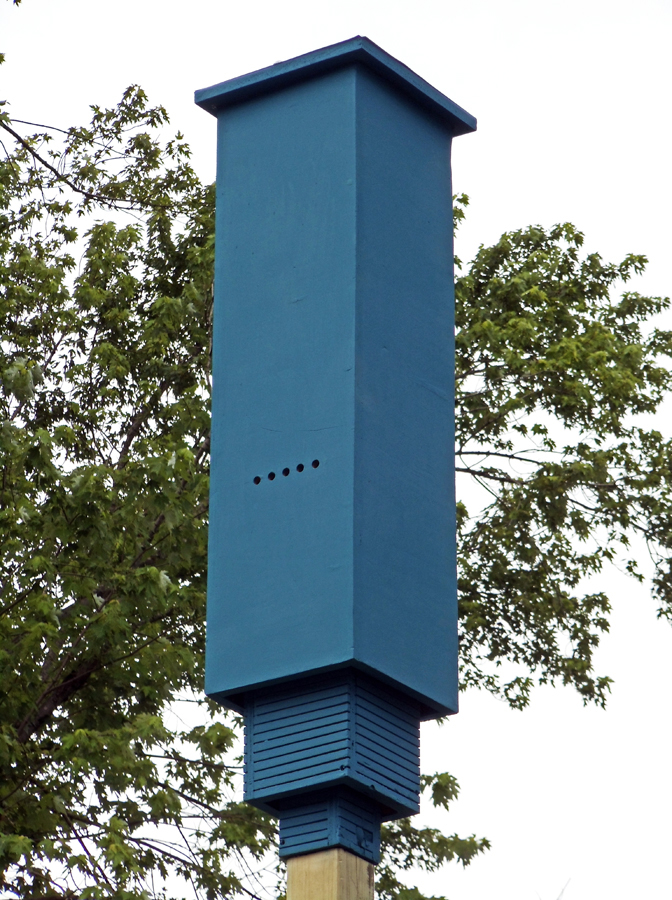
We made and installed a network of bat houses in Urbana, Illinois, to support the local and regional bat population, but also to begin a conversation about re-making the built environment.
READ MORE
BOOK REVIEW:
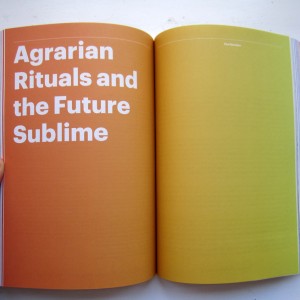
We write often about artists and art groups that work with putting ‘culture’ back in agriculture. Here is a new favorite: myvillages, a group of three women based in Germany, the Netherlands, and the UK. Read more...
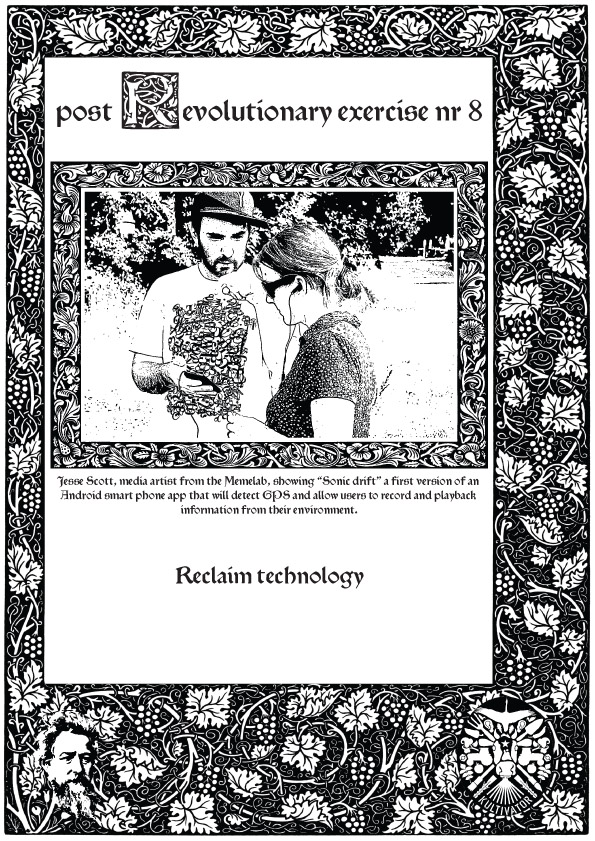
Post Revolutionary Exercises
We really admire the dedicated hard work of Kultivator who seeks to fuse agriculture and art in their work. Click this sentence to get a PDF of their poster collection called "Post Revolutionary Exercises."
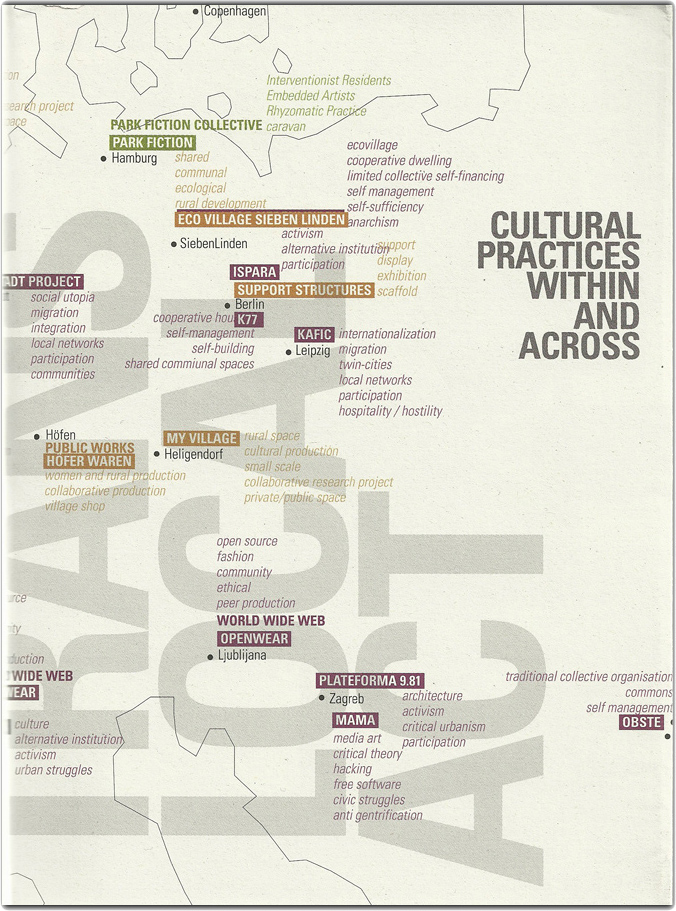
Cultural Practices Within And Across
This amazing book networks urban and rural resilience and sustainability projects around the world. Deeply inspiring projects in Romania, Paris, San Francisco, and elsewhere.
• Read our review of the book.
• Buy the book.
• Download the book.

